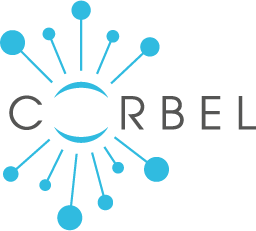Scottish Oceans Institute (SOI), Universiy of St Andrews
St. Andrews, UK
General information
The University of St. Andrews offers Environmental Access via research vessel and associated ribs. The SOI also provides access to fully controlled environmental laboratories, including seal enclosure and logistic support, mesocosms and flumes. Included are state-of-the-art genomics laboratories and chemical analytical services. The SOI offers fish husbandry and experimental facilities, including aquarium tanks, climate-controlled rooms, indoor mesocosms and bioreactors supplied by
250,000 gallons of filtered seawater each day. In addition, assisted access to electron microscopy (SEM), confocal microscopy, live-imaging, digital imaging and microinjection is offered.
Expertise
The Scottish Oceans Institute is an interdisciplinary research institute addressing challenges in marine science including climate change, food security, developmental biology, biodiversity and ecosystem services, marine noise and marine mammal conservation. The SOI has enabling strengths in the design and manufacture of animal-borne sensors and instrumentation and in the development of statistical methods in ecology.
Technologies offered for the Open Call
- Model organism Branchiostoma lanceolatum
- Aquarium with ambient sea water circulation
- Access to the largest seal experimental facility in Europe
- Electron microscopy (SEM)
- Confocal microscopy
- Digital imaging and microinjection
- Access to ecosystems
Additional resources offered for the Open Call
- Technical assistance
- Methodological setup (e.g. design of study protocol and standard operation procedures)
- Training in infrastructure use
- Animal facilities (seals and aquaria)
- Wet lab space
- Data processing and analysis
- Training workstations
- Training seminar rooms
Access modalities
On-site; user performs experiment (supported by staff).
Scientific and technical requirements
Planned experiments must be feasible in the SOI and enough capacity of staff and/or equipment in the envisaged visit period are a prerequisite.
Contacts
Scientific contact: David Ferrier
Technical contact: Irvine Davidson
 shared services for life-science
shared services for life-science